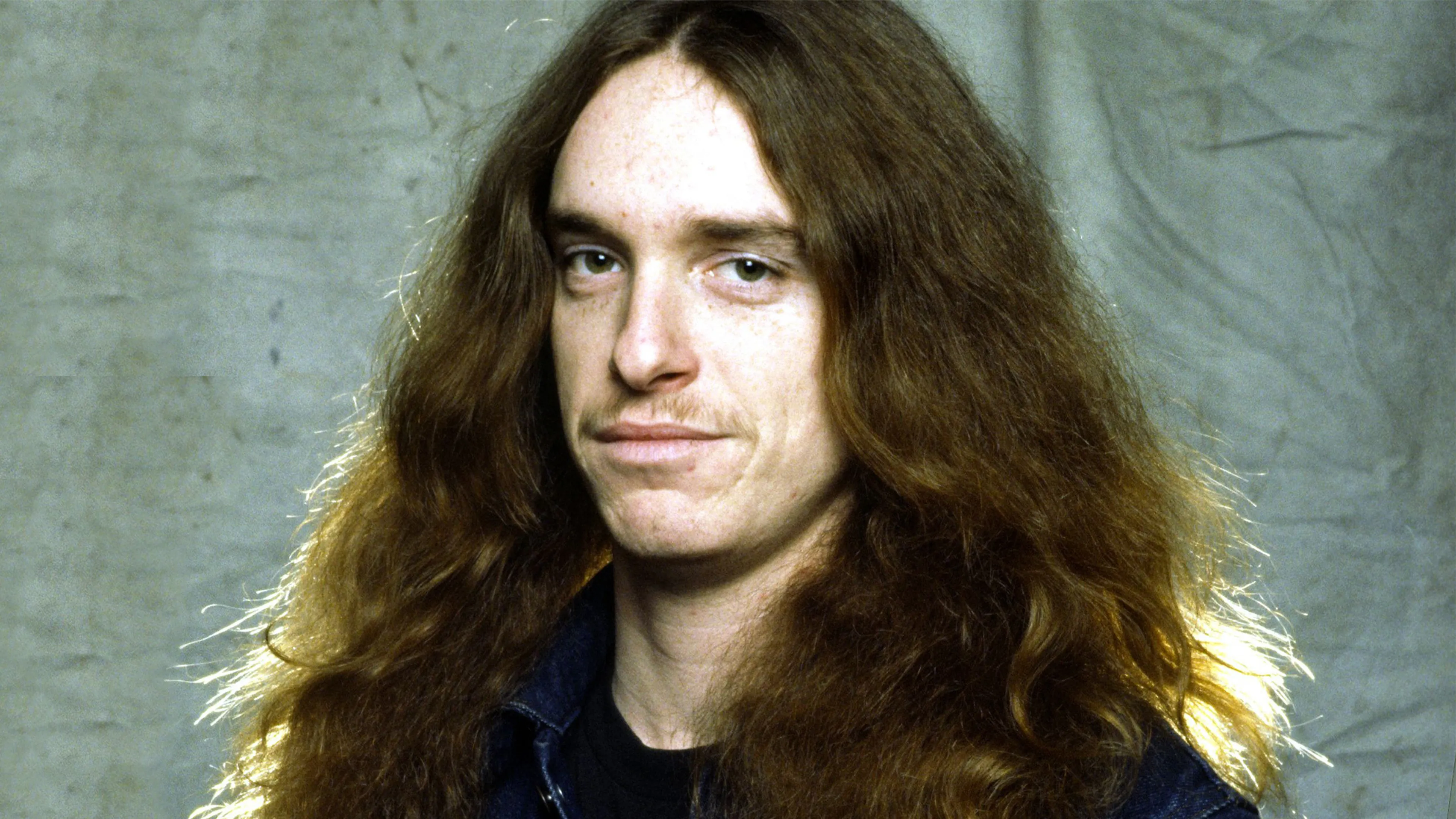News
Don’t Tread On Me: Metallica release new collab with Dr. Martens
‘A testament to the enduring impact their music has had on a global legion of fans…’ Metallica and Dr. Martens have teamed up for two pairs of boots and one pair of shoes – two of which feature Pushead designs.
